Author: Søren Kierkegaard
Publisher: Academic Project
Characteristics: hardcover
The outstanding Danish thinker Søren Kierkegaard (1813–1855) can undoubtedly be considered the forerunner of existentialist philosophizing; in addition, his ideas had a direct influence on the “dialectical theology” of Karl Barth, on philosophical anthropology, personalism and other movements, where the emphasis is shifted to the personal appropriation of a certain truth, to intense, personal experience and the construction of meanings. The treatise “The Concept of Fear” (“Begrebet Angest”) was published by Kierkegaard in 1844 under the pseudonym Vigilius Haufniensius. This psychological essay is entirely devoted to the problem of original sin (Arvesynd, lit.: “hereditary sin”), which underlies fear (Angest). Kierkegaard was the first philosopher to distinguish between “fear-fear” (Frygt), that is, fear for which we can find a specific reason, and painful fear-dizziness (Angest), which sucks a person from the inside, – fear of Nothing, devoid of rational explanations. Despite its apparent pseudoscientific form, Kierkegaard himself considered “The Concept of Fear” to be one of his “frivolous works.”
Perhaps, here for the first time in recent theological literature the problem of sensuality, eroticism and sexuality is examined in detail from the position of Christian dogmatics.nbsp; The publication is addressed to teachers and students, psychologists, theologians, philosophers and cultural experts; it will be of interest to historians of European culture and religious thought, as well as a wider circle of readers – lovers and true connoisseurs of philosophical essays.









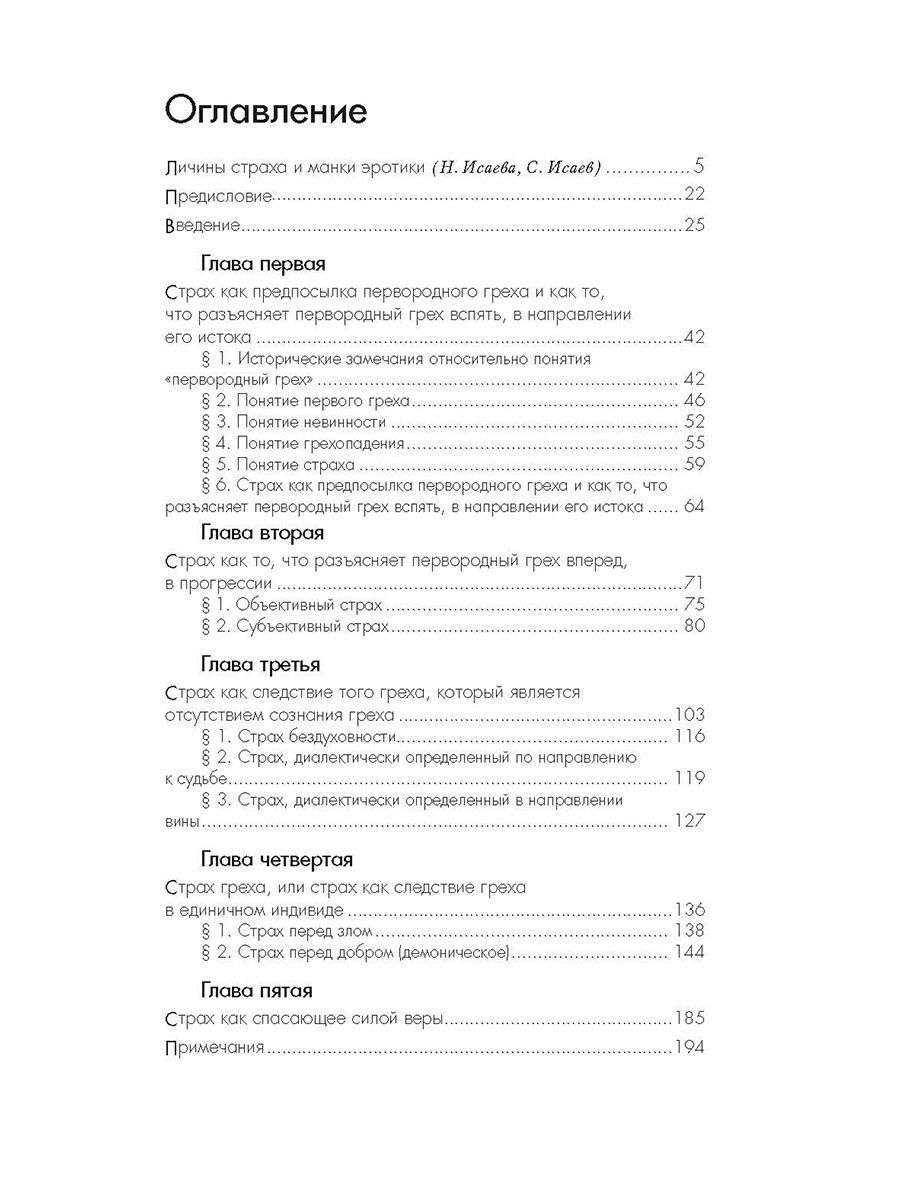

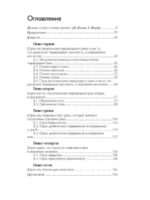









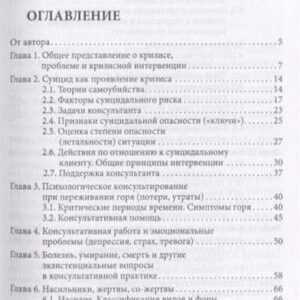

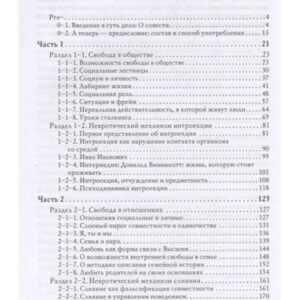





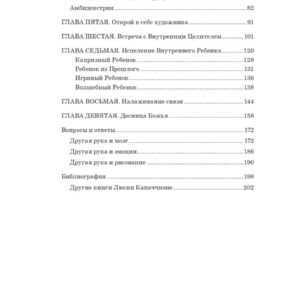

Reviews
Clear filtersThere are no reviews yet.